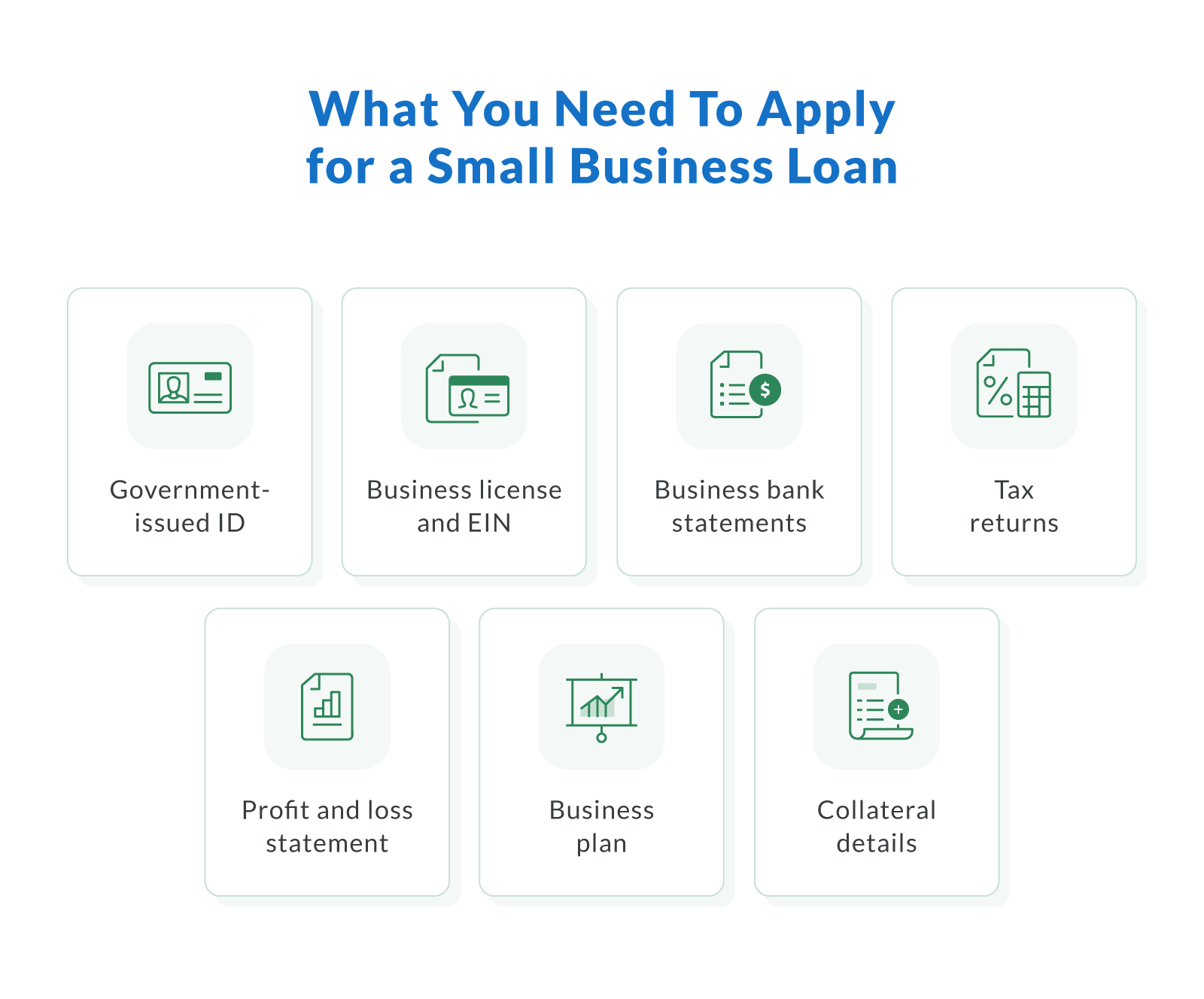Types of Small Business Loans
Different financing options exist for different business needs. The sections below explain the most common loan types available through Clarify Capital's nationwide lending network.
SBA Loans
SBA loans are partly guaranteed by the federal government, reducing lender risk and giving borrowers access to competitive interest rates. Popular programs include:
These programs work well for companies that are looking for low-rate, long-term financing. Documentation requirements and underwriting timelines tend to be longer, but the savings over time can be worth it.
Business Term Loans
A business term loan provides a fixed loan amount repaid through predictable monthly payments. Many companies use them to cover equipment purchases, marketing campaigns, hiring, or expansion. Terms usually range from 12 to 60 months.
Business Line of Credit
A business line of credit functions like a business credit card, but with lower interest rates and higher limits. You borrow only what you need, repay it, and borrow again as expenses arise. This flexibility makes it ideal for recurring operational needs.
Equipment Financing
Businesses use equipment financing to purchase vehicles, machinery, tools, or technology intended to improve their operating capabilities. The equipment itself acts as collateral, which can help lower interest rates and make approval easier, even for businesses with lower credit scores.
Invoice Factoring
Invoice factoring helps businesses that extend customer credit terms. Instead of waiting 30-90 days for payments, you sell invoices to a factoring company for immediate cash. This improves liquidity without adding new debt to your balance sheet.
Merchant Cash Advance
A merchant cash advance (MCA) offers fast access to capital in exchange for a percentage of future sales, with funding often arriving in about 24-48 hours. MCAs work well with businesses that process high volumes of debit and credit card transactions, such as retail stores and restaurants.
Startup Loans
Startup loans support newer businesses that don't yet meet traditional banking requirements. Because of the risk associated with these loans, approval often hinges on personal credit, revenue projections, and a strong business plan. These loans can help founders buy inventory, secure a location, or handle early-stage expenses to stay on track with business goals.
Small Business Loans With Bad Credit
Many lenders now consider more than credit scores when making loan decisions. Through Clarify Capital, borrowers with scores as low as 500 can qualify if they demonstrate revenue stability, strong cash flow, or growth potential.
What Small Business Lending Trends Mean for Borrowers Today
Understanding where small business lending is heading can help you make smarter financing decisions. In recent years, changes in interest rates, digital underwriting, and economic uncertainty have reshaped how lenders evaluate borrowers and issue loans.
Here's what small business owners should know when seeking financing in today's market:
Rates remain elevated but competitive. As of 2026, average interest rates for small business loans range from 7% to 12%, depending on credit score, loan type, and term length. While these rates are a bit higher than a few years ago, borrowers with strong revenue and credit can qualify for competitive offers through non-bank lenders.
Traditional banks are tightening credit. Many financial institutions are making their requirements stricter, especially for startups and newer businesses. As a result, alternative lenders and fintech platforms have become go-to sources for faster approvals, flexible underwriting, and lower documentation burdens.
Speed and personalization matter more than ever. Business owners want funding quickly, but they also need advice they can trust. At Clarify Capital, you'll be paired with a dedicated advisor who helps you compare real offers from more than 75 lenders, so you can make an informed decision based on your specific goals.
Access to funding remains strong for well-prepared borrowers. Lenders continue to support growing businesses that can demonstrate steady cash flow and a clear use for the funds. Whether you need $20,000 or $2 million, knowing your numbers and applying through a trusted partner can improve your approval odds significantly.
Staying informed about these trends can give your business an edge when navigating funding options. Clarify Capital helps you move forward with confidence by matching you with the best loan for your industry, credit profile, and growth strategy.
How to Qualify for a Small Business Loan
Qualification requirements vary by lender, but most providers evaluate the same core criteria.
Time in Business
Lenders assess how long you've operated to determine business stability. Many financial institutions require the small business to be in operation for at least six months before they will review an application.
Revenue and Cash Flow
Monthly revenue helps lenders determine repayment ability and loan size. Clarify Capital's minimum revenue requirement is $10,000 per month, though higher revenue may unlock better terms.
Personal and Business Credit Score
Credit scores help lenders understand repayment patterns and other credit-related behavior. Higher scores can unlock lower interest rates and larger loan amounts, while lower scores might make it harder to obtain credit with attractive terms. An SBA loan typically requires a strong credit profile, but a score above 500 may be sufficient for alternative financing.
What You Need To Apply
Once you're ready to apply, it's important to have your documentation prepared to speed up the underwriting process and increase your likelihood of approval.
Most lenders request the following documents as part of the application:
Government-issued ID. Valid driver's license or passport.
Business license and EIN. Verifying legal structure.
Business bank statements. At least three recent statements showing cash flow.
Tax returns. Personal and business returns for context.
Profit and loss statement. Demonstrates revenue and expenses.
Business plan. Useful for startups and growth financing.
Collateral details. Required only for secured loans.

How to Apply for a Small Business Loan
Clarify Capital simplifies the loan process so small business owners can access capital without navigating confusing requirements or high-pressure decisions.
Follow these steps:
Apply online. Submit a two-minute application with basic business information.
Connect with an advisor. Your dedicated advisor will review your goals and eligibility.
Compare offers. Choose from multiple financing options sourced from 75+ lenders.
Receive funding. Once approved, capital can arrive in as little as 24 hours.
Tips to Improve Your Approval Odds
Taking time to prepare before applying can help secure better interest rates and repayment terms.
Review your credit score. Correct errors and understand your starting point
Separate business and personal banking. Clean financial records reduce underwriting questions.
Prepare financial statements. Demonstrate revenue to make a strong case for your loan.
Start small. A short-term loan can help you build credit before seeking larger or longer-term financing.
Stay organized. Quick responses during underwriting can speed approval.



